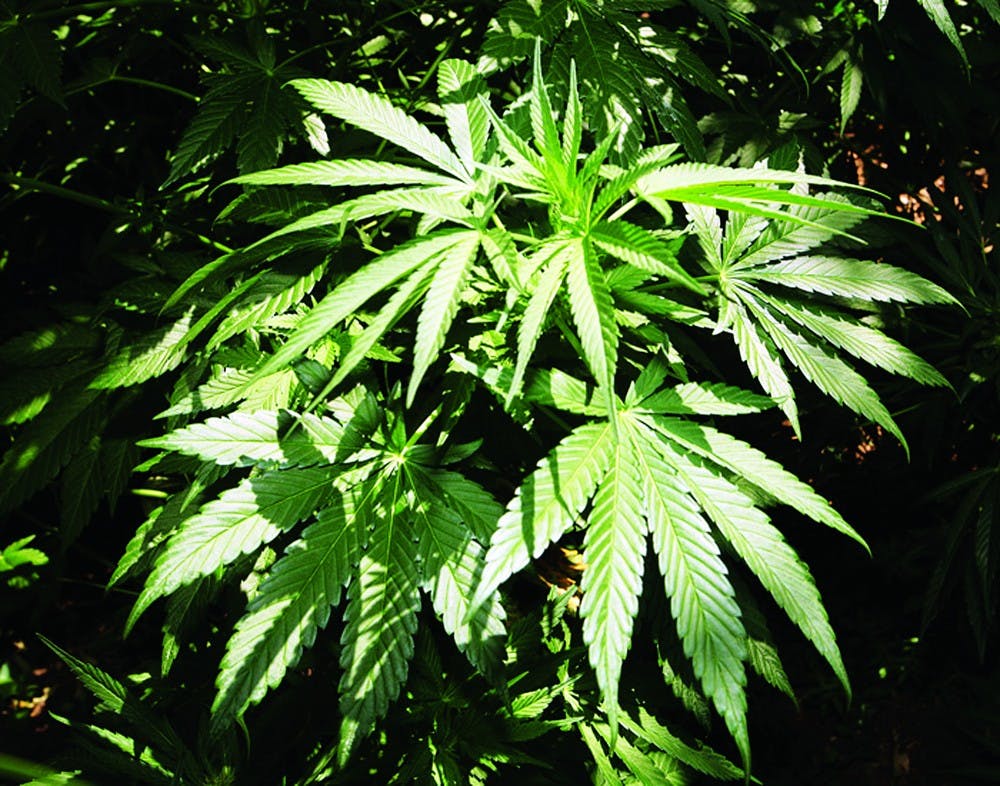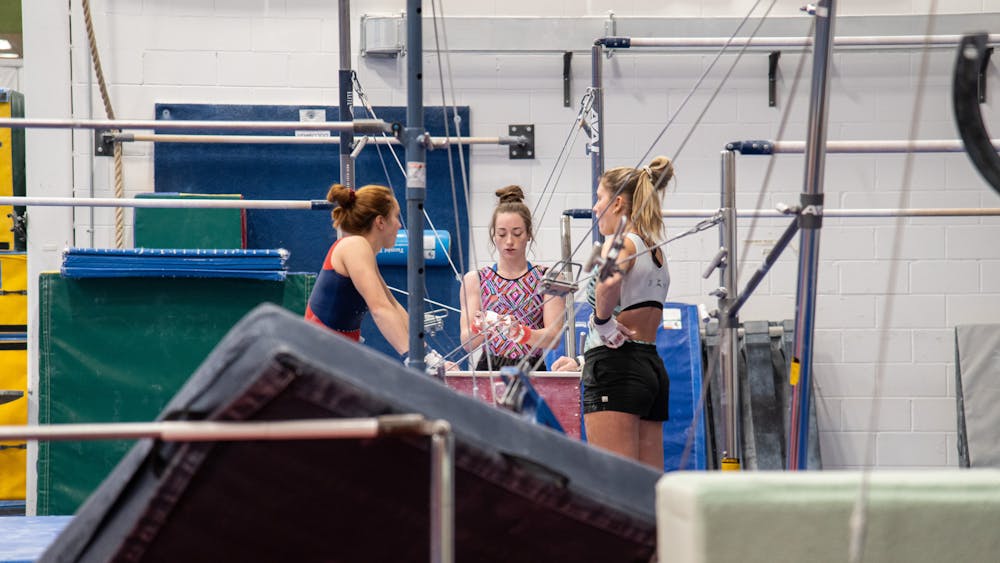EDITORIAL: Don’t get high on success of marijuana proposals
Don’t get high on success of marijuana proposals

Not long ago, the idea of decriminalizing marijuana was just a pipe dream. Now, Mount Pleasant is one of 12 Michigan cities to change its ordinances to lessen fines and charges because of the will of the people.
This is a turning point in Michigan and Central Michigan Life appeals to students on campus and those living in the city to celebrate this victory responsibly. Thus far, legalization efforts have been conducted in a way that legitimizes and elevates the issue. Now is not the time to act any differently.
The reality is that marijuana is still illegal and banned on Central Michigan University’s campus. We want to make it clear that police absolutlely retain the right to arrest you for having the substance outside your private residence.
The decriminalization proposal is part of a larger national conversation. This election showed the majority of citizens believe marijuana users do not deserve hefty punishments these laws have historically carried.
While students will not be able to walk down the street smoking a joint any time soon, the aim of the proposal is to begin a broader conversation. In Michigan, that change is beginning.
In 2008, voters passed the Michigan Medical Marijuana Initiative, allowing the use of medicinal cannabis for patients with medical conditions. The measure passed with 63 percent support. The measure was approved by voters in every one of Michigan's 83 counties.
In 2012, ballot proposals in Detroit, Grand Rapids and Flint enacted provisions similar to those that began in the 1970s in Ann Arbor. In Ypsilanti, ordinances were approved to make marijuana offenses the lowest priority for law enforcement officers.
In 2013, voters in Lansing, Ferndale and Jackson approved initiatives allowing citizens at least 21 years old to possess an ounce of marijuana on private property.
In August, voters in Hazel Park and Oak Park voted to approve a similar measure. This month, Mount Pleasant voters decided to decriminalize marijuana by a margin of 62 percent of voters in favor of the proposal.
As the results began to be revealed on Nov. 4, the celebration was immediately apparent on social media. Likes on CM Life’s Facebook post hit around 400 before a post about the gubernatorial race reached double-digits.
Our generation is frequently characterized as apathetic voters and disinterested in politics.
CM Life would like to applaud the efforts of student organizers, especially those of Student Advocates for Medical and Recreational Cannabis, for getting people to the polls. Students can make an impact; their voice does matter.
CMU does not allow the use or possession of any form of marijuana on campus in accordance with other colleges with decriminalization measures in their hometowns. Even in Colorado, the bastion of the legalization movement, universities have to play by the rules of federal law.
The Drug-Free Schools and Communities Act, which was revised in Sepember, states “CMU is committed to providing a campus environment free of the…illegal use of alcohol and other drugs.”
State appropriated funding accounts for $79 million, 17.5 percent of CMU’s total revenue. At a time when a massive statewide decline in graduating Michigan seniors that could potentially see CMU lose 17,500-20,000 students and $50 million by 2020, that money is vital.
We trust students to continue this movement responsibly and keep fighting in a way that does not give credence to those who would demonize the youth activists.
Don’t get yourself in trouble and keep marijuana out of the residence halls. You owe it to those who have worked tirelessly to get us this far.




